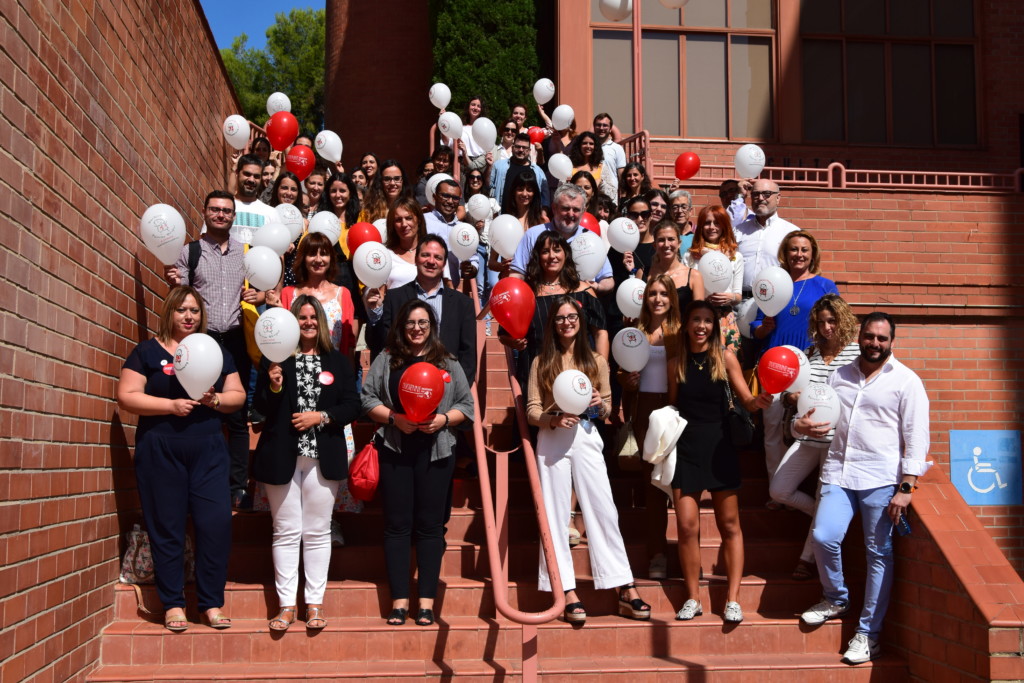IQS and the Duchenne Parent Project España Association have partnered together to research this disorder since 2014.

Researchers from the IQS Materials Engineering Group (GEMAT) are collaborating in the development of therapies to fight against Duchenne Muscular Dystrophy (DMD), a rare genetic disorder characterized by muscle weakness.
We are currently working on two projects that are supported by the Duchenne Parent Project España Association, the most important such organization in Spain. An initial project led by Dr Salvador Borrós (GEMAT) aims to use viral vectors to treat the disorder through gene therapy. The second project, in collaboration with Dr David Sánchez-García (GEMAT) and Dr Amelia Aránega from the University of Jaén, seeks to alleviate some of the effects of the disorder to improve patient quality of life.
IQS and the Duchenne Parent Project España Association have partnered together to research this disorder since 2014. At that time, the Association awarded a grant and financed a project carried out by the GEMAT in collaboration with the Vall d'Hebron Research Institute (VHIR) and the Vall d'Hebron University Hospital (HUVH), which demonstrated the accumulation of nanoparticles in the tissue affected by the disorder.
DMD is considered a rare disorder that is diagnosed during childhood, and affects one in 3,500 children in the world, with about 20,000 new cases each year. It is a progressive muscular disorder that causes the loss of muscular function and causes affected individuals to eventually lose their independence completely.
World Duchenne Awareness Day 2020, dedicated to the brain
World Duchenne Awareness Day takes place annually on 7 September. In 2020, the occasion is dedicated to brain disorders. This muscular disorder can cause problems such as learning difficulties and behavioural problems such as ADD, ADHD, OCD, and autism.
Although this crucial neurological aspect has been recognized since 1861, most efforts have focused on improving outcomes related to muscle weakness in recent decades. For this reason, the associations are striving for early detection of the disorder through the right testing, further research, and better care regarding this aspect of the disease.










